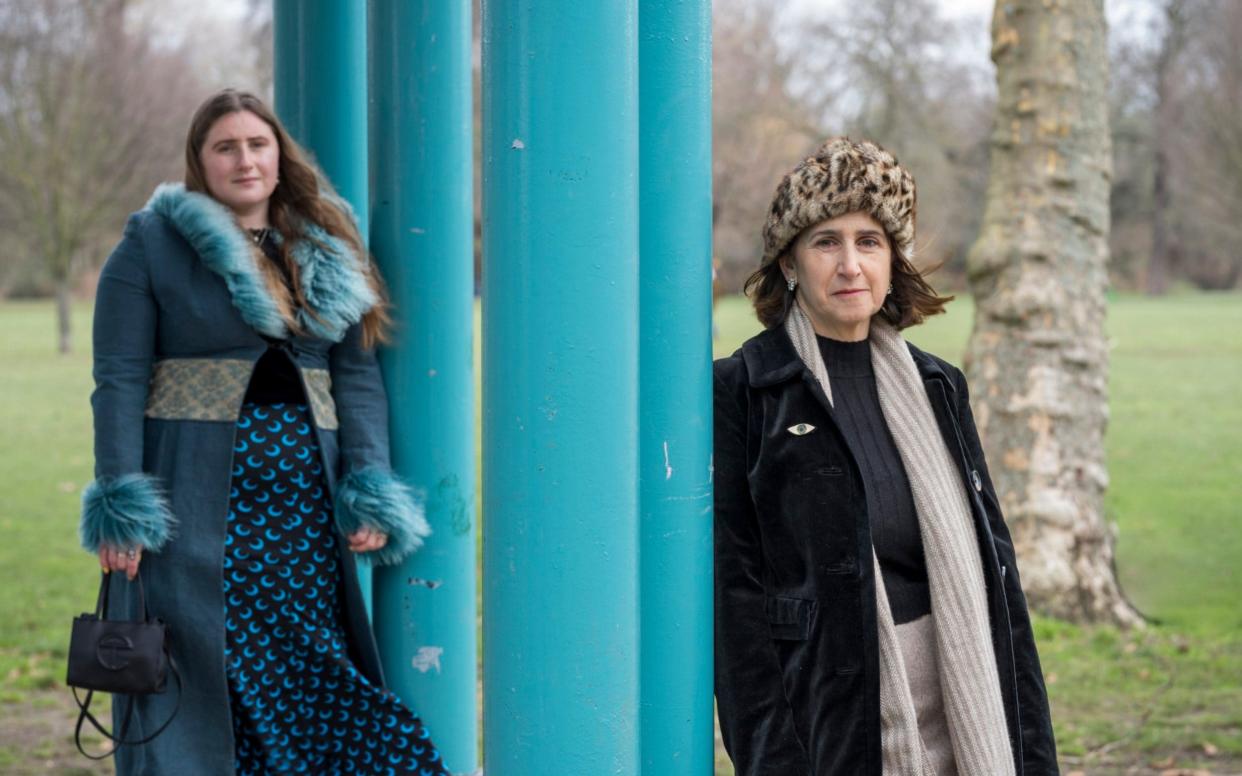Almost a third of women missed cervical cancer check due to Covid fears

Almost a third of women who missed a vital cervical cancer check in the last year skipped the screening due to the coronavirus pandemic, a survey has found.
The poll, carried out by The Eve Appeal, a gynaecological cancer charity, found 28 per cent of women didn’t attend their cervical cancer screening in the last 12 months.
A fifth (21 per cent) of those decided not to go to the appointment because of concerns about Covid-19, while a further 10 per cent assumed their screening would be cancelled due to the impact of the pandemic on health services.
A further 17 per cent of non-attenders cited a previous bad experience during a screening as a reason not to go.
It comes as Marina Wheeler, Boris Johnson's former wife, urged women not to let the pandemic prevent them going to screenings after she was diagnosed with cervical cancer 18 months ago.
Ms Wheeler, and her daughter Lara Johnson-Wheeler, joined The Eve Appeal's campaign to launch Cervical Cancer Prevention Week which aims to encourage everyone invited to attend a screening and get symptoms checked.
“The bottom line is that we are incredibly lucky to have screening,” Ms Wheeler told The Telegraph. “It’s a preventive tool which averts suffering including, potentially, death. So I think we have to trust the system and, when invited to be screened, just go.”
Despite the national Cervical Screening Programme still running in lockdown three, some women have reported to the charity they have found it difficult to get an appointment due to backlogs in waiting lists and a lack of “appropriate Covid-safe space”.
All women aged between 25 and 64 in the UK are invited for a cervical screening test every three to five years as part of the programme.
It is estimated there are more than 3,200 new cases of cervical cancer detected every year.
Athena Lamnisos, CEO, The Eve Appeal, says: “It’s totally understandable that so many have been confused and concerned about booking non-urgent medical appointments over the past year.
“We want to send out a clear message – book your screening appointment if you’re invited, be symptoms aware and see your GP if you have concerns.
“Cancer doesn’t stop during a pandemic and delays to referrals and to diagnosis can be devastating.”
During the first lockdown last spring, 68 per cent of calls to the charity’s helpline were related to cervical cancer and screening tests, with some patients reporting anxiety that their appointments would be delayed, potentially resulting in a “worse” outcome.
Karen Hobbs, who runs The Eve Appeal’s Ask Eve nurse-led information service, said: “Cervical Screening is by far the most common topic we get calls about at Ask Eve, and we have seen a huge increase in people concerned about not being able to get an appointment, or their appointment being postponed.
“Cervical cancer is a disease that typically develops very slowly, so whilst a few months’ delay to someone’s routine screening appointment is unlikely to make a difference to the test results, the cancellation of appointments and longer waiting periods have undoubtedly had a serious effect on stress and health anxiety levels.”
Dr Bella Smith, a GP and women’s health specialist, said doctors realise it is a “very anxious” time for patients, but added “please don’t be put off”.
“The nurse or GP doing your screening will have all the correct measures in place to ensure that that the procedure is safe. If you are worried please talk to your GP or Ask Eve,” she said.
The survey was carried out online by YouGov between January 7 and 8 of more than 1,000 women.

